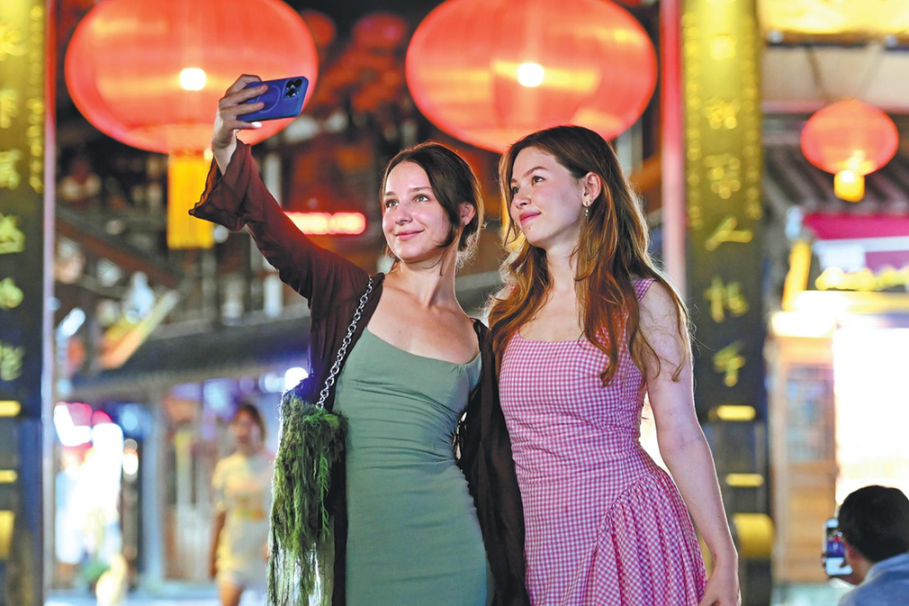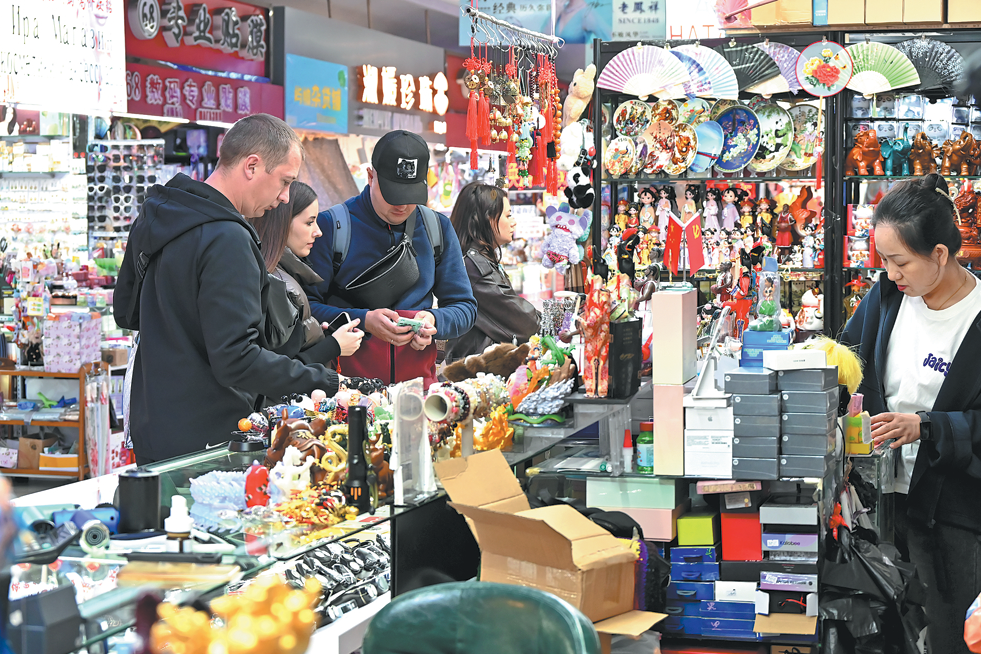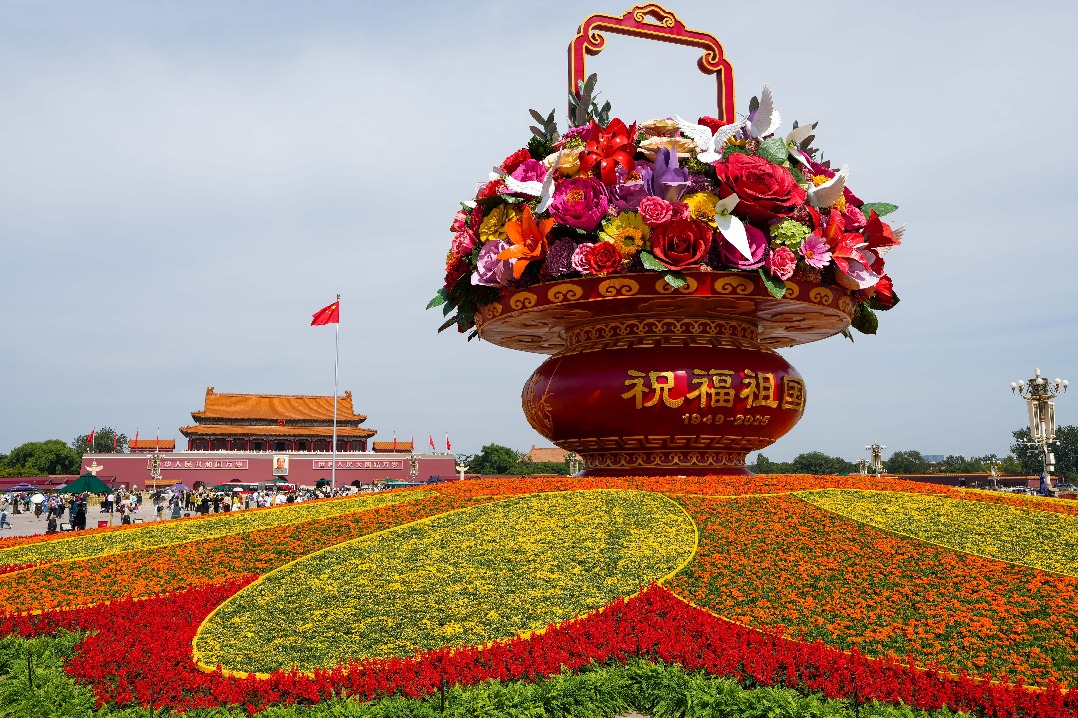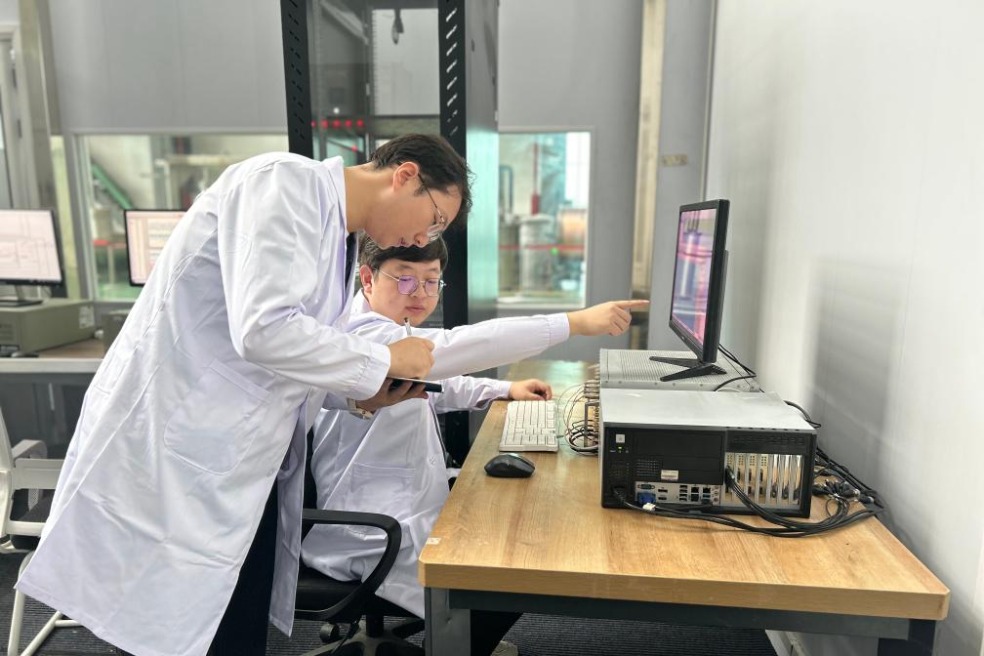Call of the willows
Romantic film uses Yueju Opera to bring a sense of tradition to a modern love story, Xu Fan reports.

Ancient Chinese poets used the willow tree as a metaphor to eulogize women. While the slim leaves portrayed a woman's thin eyebrows, the resilient branches often inspired writers to use them to symbolize a woman who looks fragile but perseveres with what she believes in.
The centuries-old literary legacy has inspired Dai Wei, a veteran director, to come up with the English title of her latest directorial outing. The Chanting Willows, an art house romance, was released earlier this month.
"Chanting refers to a praise that comes deeply and sincerely from the heart. Willow is a metaphor for the leading female character, a persistent and flexible woman who sticks to pursuing her dream," explains Dai.
"We believe the title will also make sense to foreign audiences and we wish it to convey traditional Eastern aesthetics," she adds.
The film was nominated for the Golden Goblet Awards at the 24th Shanghai International Film Festival in June last year.
Its lead star, Zheng Yunlong, won a Golden Angel award for the best new actor at the 17th Chinese American Film Festival in Los Angeles in November.
Zheng, a musical theater actor and singer, said at the premiere in Beijing that the movie is his first major silver-screen project, and he regards it as a gift to pay tribute to his mother, a former Peking Opera actress.
The movie is adapted from the Mao Dun Literature Prize winning novelist Wang Xufeng's novella Liu Lang Wen Ying (Yellow Warblers Singing in a Sea of Willows)-also the film's Chinese title.
The tale is set in the titular park, one of the 10 most renowned scenic spots, surrounding the iconic West Lake in Hangzhou, Zhejiang province.
With Zheng starring as an artist who lives by making paper fans, the film recounts his bittersweet romantic triangle with Chuitiao (played by Wang Yang) and Yinxin (acted by Kan Xin), two intimate friends and actresses from a local troupe in Shengzhou, a county-level city in Zhejiang, which is considered the cradle of Yueju Opera.
With most of its classical works being love stories to be performed in an elegant way, Yueju Opera was once popular, exemplified by the success of the Zhejiang Xiaobaihua Yueju Opera Troupe in the 1980s, says director Dai.
But its popularity declined in the early 1990s, as a result of the combined impact from domestic audience's shifting interest to modern culture in the forms of pop music and television programs, and the reform of State-owned enterprises, which caused layoffs in opera troupes, she adds.
Set against a backdrop of the history of Yueju Opera, the movie, shrouded in melancholy, follows the two lead female characters' different choices for their life paths.
Despite suffering the loss of sight after injuring her eyes, Chuitiao is depicted as a persistent artist who never quits her pursuit of performing on the stage even amid a harsh environment.
As a more pragmatic person, Yinxin leaves the troupe to go abroad to lead a better life.
"With many people facing uncertainty in the then changing era, their humanity was complex and under test from various aspects like love and friendship. But if you have been part of the era, you would understand the film," explains Dai.
The veteran director, with more than 40 galas under her belt at China Central Television, shifted her interest to the silver screen with the 2008 musical film Ganglamedo, named after a popular Tibetan folk song Snow Lotus.
With other directorial efforts, including Once Upon a Time in Tibet (2011) and Once Again (2017), Dai has demonstrated her talent in the examination of women's status quo and psyche.
But her connection with The Chanting Willows started much earlier.
"When I was studying in college, I was impressed by novelist Wang while reading her award-winning series Charen Sanbuqu (Tea Men Trilogy). Her language has a particular magic to make you feel that you could step into the fictional world and closely follow the characters," recalls Dai.
When her executive producer recommended Dai to read Wang's Liu Lang Wen Ying, one of 10 novellas in the anthology Aiqing Xihu (Love Stories in West Lake), Dai was quickly hooked.
After getting financed and then interviewing more than 100 actors to select the cast, the movie started shooting-with its major scenarios filmed in West Lake-in summer last year.
The two lead actresses-both music majors-were trained with professionals of a local Yueju Opera troupe in Shengzhou for around two months, with some cameo appearances by the troupe's performers in the film.
The performances of several Yueju Opera classics, including Butterfly Lovers, account for 20 minutes, or nearly 20 percent of the 106-minute film, making it a distinctive draw to create a "play-within-a-play" effect, says Dai.
Teng Jingshu, the producer, says: "Blending Yueju Opera elements with Jiangnan (south of the Yangtze River) flavor, the movie has a romantic, gentle and sensitive personality."
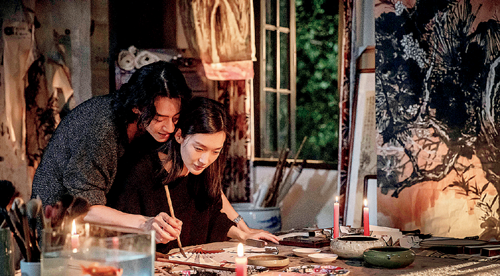
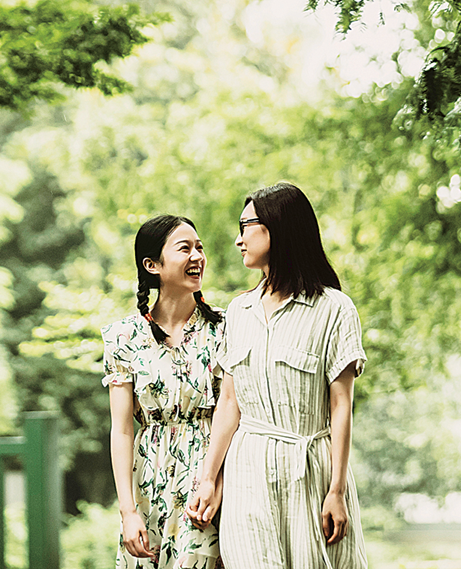
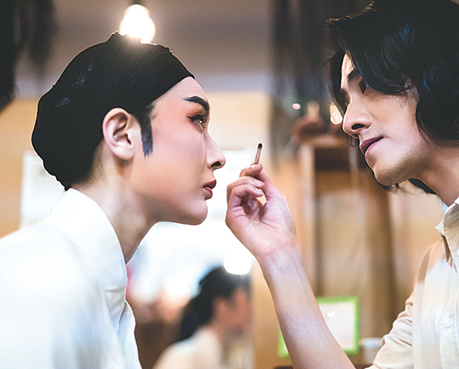
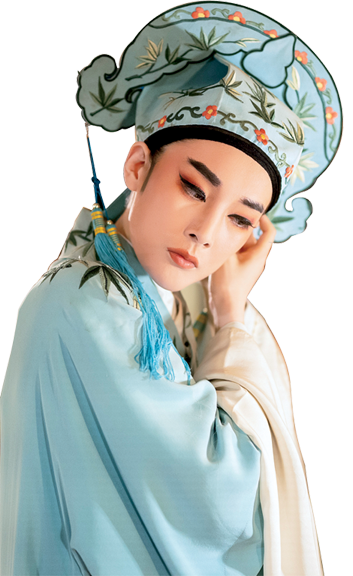
Today's Top News
- Xi congratulates Tianjin University on 130th founding anniversary
- China targets unified, open natl market
- President's National Day address hailed
- Envoy says China and US should be partners
- Chinese micro-dramas hook audiences overseas too
- Strong progress seen in culture, tourism

















